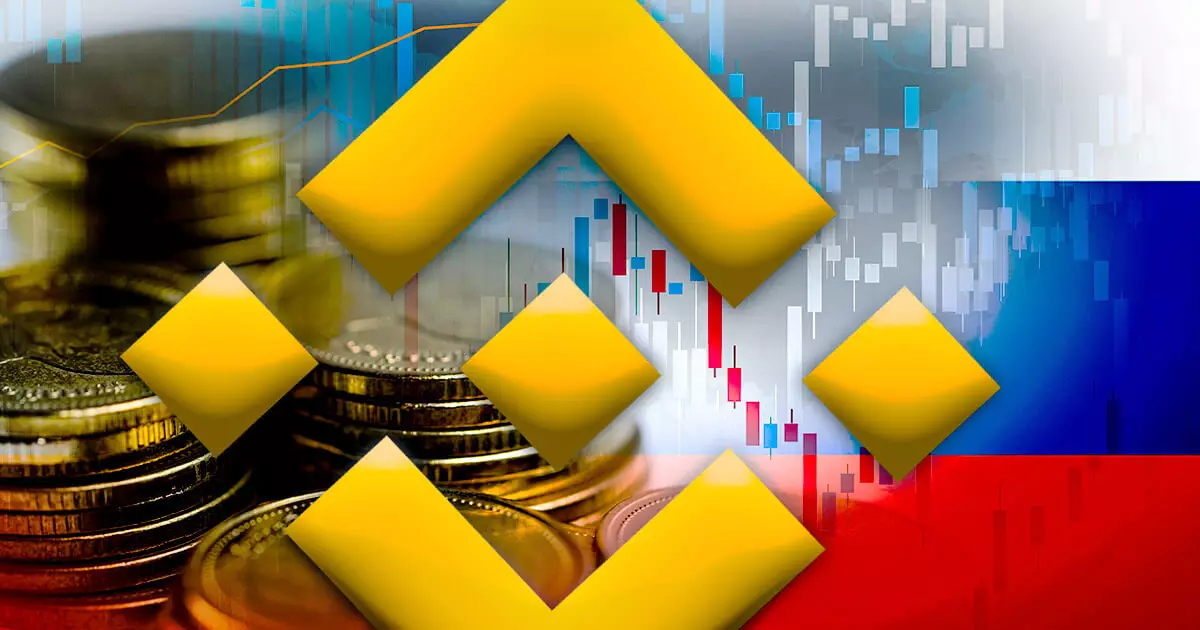Binance, one of the largest cryptocurrency exchanges in the world, has reportedly renamed sanctioned Russian banks on its peer-to-peer (P2P) platform. This move allows these banks, including Sber and Tinkoff, to continue their operations, despite the strict Western sanctions imposed on the Russian financial system. According to local media RBC-Crypto, Binance changed the names of the bank cards for Sber and Tinkoff to “green” and “yellow” local cards on its payment options for P2P trading. While Binance denies any direct relationship with these banks, this revelation raises questions about the exchange’s compliance with global sanctions.
Binance’s decision to enable sanctioned Russian banks could have serious repercussions for the exchange. Not only does it complicate the company’s already contentious relationship with regulators in Western countries, but it could also provide further ammunition for the ongoing U.S. Department of Justice investigation into Binance and its CEO, Changpeng Zhao. The investigation focuses on potential violations of anti-money laundering laws. Binance’s involvement with sanctioned banks could exacerbate these legal challenges and further damage the exchange’s reputation.
In a separate development, a Russian blockchain company called Web3Tech has introduced a platform that facilitates international payments through cryptocurrencies. This initiative aims to reduce Russia’s financial system’s dependence on SWIFT, the traditional global payment system used by banks. By enabling the processing of local and international payments, Web3Tech’s platform offers an alternative to SWIFT. Additionally, the platform is designed to be compatible with various public blockchains, enabling the transfer of popular cryptocurrencies such as Tether’s USDT and USD Coin.
Russia’s financial system has faced significant pressure since the country’s invasion of Ukraine. As a result, the Russian government has increasingly turned to cryptocurrencies and central bank digital currencies (CBDCs) for international payments. These alternative financial instruments provide a means to bypass Western sanctions and reduce reliance on traditional banking systems. While the full extent of Russia’s embrace of crypto and CBDCs remains to be seen, the launch of Web3Tech’s payment platform is a clear indication of the country’s efforts to explore alternative financial solutions.
Binance’s decision to rename sanctioned Russian banks on its P2P platform raises concerns about the exchange’s compliance with global sanctions. The potential consequences for Binance include further conflicts with regulators, particularly in Western countries, and added scrutiny from the ongoing U.S. Department of Justice investigation. On the other hand, the launch of Web3Tech’s platform highlights Russia’s increasing interest in cryptocurrencies and CBDCs as alternative means of conducting international payments. As the financial landscape continues to evolve, it remains to be seen how these developments will shape the future of global finance.


Leave a Reply